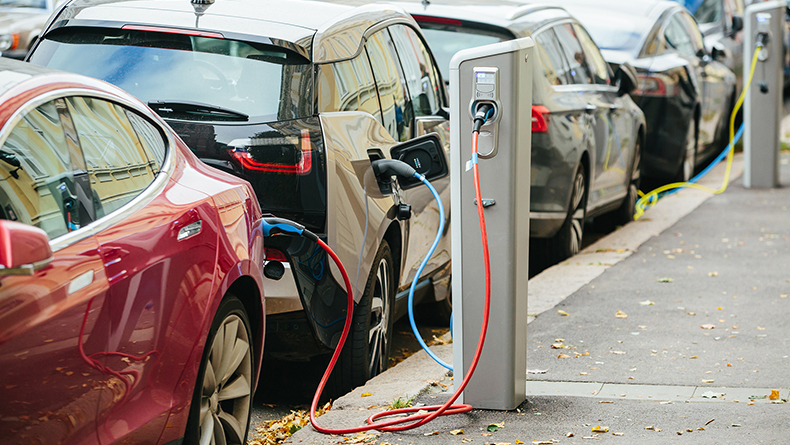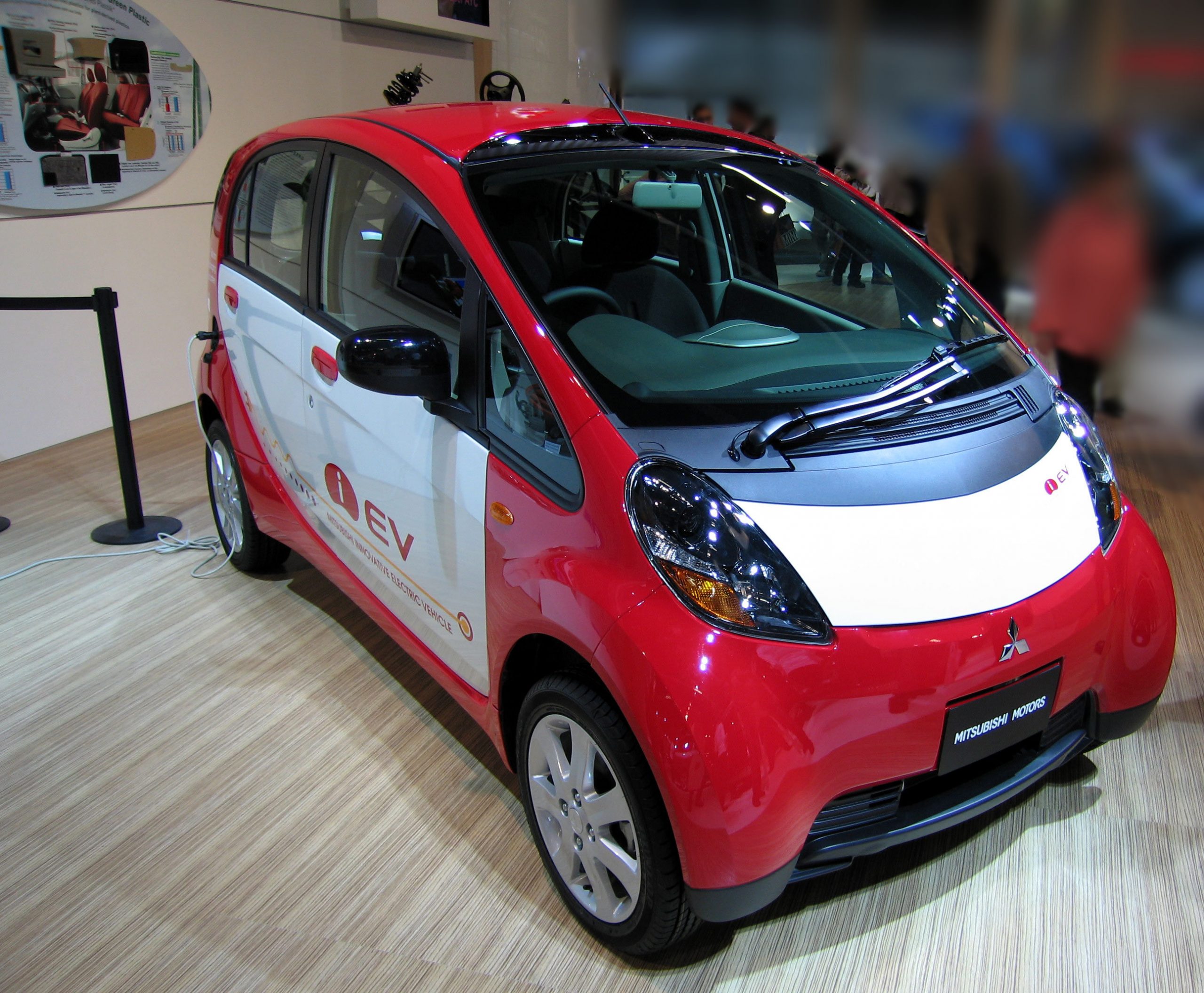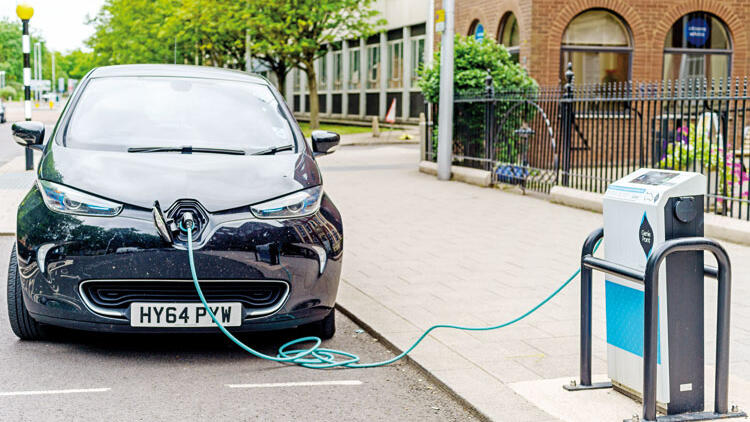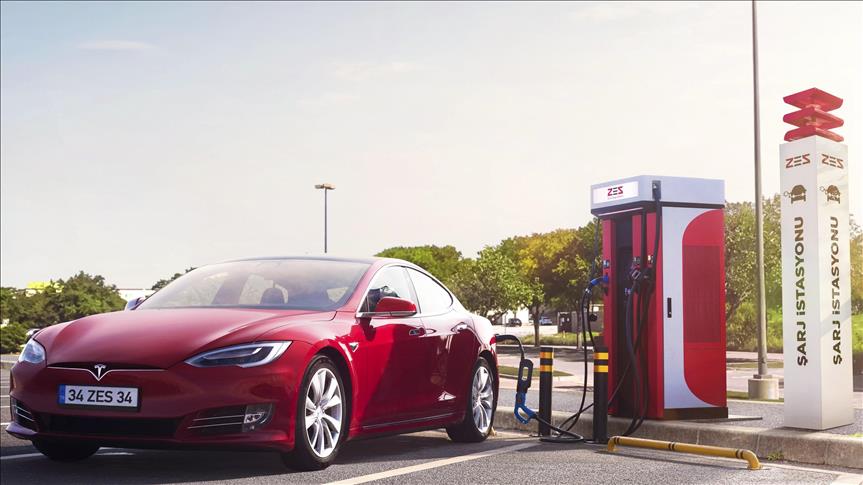Electric Cars

1- Electric Cars
2- How do electric cars work?
3- What is the battery life of electric cars?
4- How much fuel do electric cars save?
5- How can someone charge the electric car?
6- How long does it take to charge electric cars?
7-What is the range of a fully charged electric car?

Electric car is the name given to cars powered by electricity. And people think that they will have a significant impact on the automotive industry in the future. In addition, this type of cars will reduce urban pollution and reduce carbon emissions as well as fuel savings. Further, the degree of reduction in carbon dioxide emissions depends on electricity generation. A charging station is set up for energy collections.
An electric car is a car that is driven using one or more electric motors, using electricity stored in batteries and other energy storage devices. Electric motors give instant torque, providing powerful and balanced acceleration.
 They have some advantages over internal combustion engine vehicles; they reduce local air pollution, reduce dependence on oil and oil-importing countries. Also, for many developing countries, and especially for poor countries in Africa, high oil prices have an adverse effect on countries’ balance of payments; hinders their economic development.
They have some advantages over internal combustion engine vehicles; they reduce local air pollution, reduce dependence on oil and oil-importing countries. Also, for many developing countries, and especially for poor countries in Africa, high oil prices have an adverse effect on countries’ balance of payments; hinders their economic development.
Despite their potential benefits, they face obstacles and limitations. As of 2010, electric cars are significantly more expensive than a conventional internal combustion engine vehicle and hybrid electric vehicles due to the additional cost of lithium-ion batteries.
How do electric cars work?
They work with electric motors that share the same principles as the motors in the washing machine, and these motors have 3 main advantages over the internal combustion engines from fuel-oiled cars, these are; efficiency, wear-free, bidirectional operation.
Even the most efficient of internal combustion engines can convert only 30-35% of the energy it consumes as a result of combustion, moving parts and powertrain into motion. However, this rate is 90% in electric motors. Energy remaining in other engines; While heat releases vibration and sound, electric motors do not produce much sound or heat due to their efficiency.
What is the battery life of electric cars?
Modern electric cars run on batteries made up of Lithium-ion batteries. Although many automobile manufacturers provide a capacity guarantee of up to 70% for the first 4 years, the number of them whose capacity has decreased below 85% is rare.
For example, the battery loss of Istanbul Tesla Taxis, which makes 140,000 km in 1 year. In the examples examined in the world, end users experience a maximum loss of 10-12% up to 200,000 km. Battery lifetimes are longer than automobiles as a result of extensive studies by battery manufacturers.

How much fuel do electric cars save?
When calculated as energy, 1 liter of gasoline has an energy equivalent of approximately 10kWh. Considering that an average electric vehicle consumes 18kWh per 100km, this corresponds to 1.8l/100km.
In terms of price, electricity is more affordable than fuel oil in terms of energy.
How can someone charge the electric car?
Thanks to the hardware on it, right equipment from anywhere there is electricity from a 220V household socket to a 400V three-phase industrial socket can charge them.
How long does it take to charge electric cars?
Fast charging stations established especially for long distances. Also they provide the opportunity to charge up to 80% in a short time as 30 minutes. In normal fast charging stations, this time varies between 2 hours and 4 hours. Charging from a standard household outlet can take one night or longer.

What is the range of a fully charged electric car?
The range of them sold on the market today with a single charge varies between 150km and 600km, depending on the brand/model. Considering that an average vehicle is used for 30 km a day, all electric cars more than meet the average daily usage requirement.


